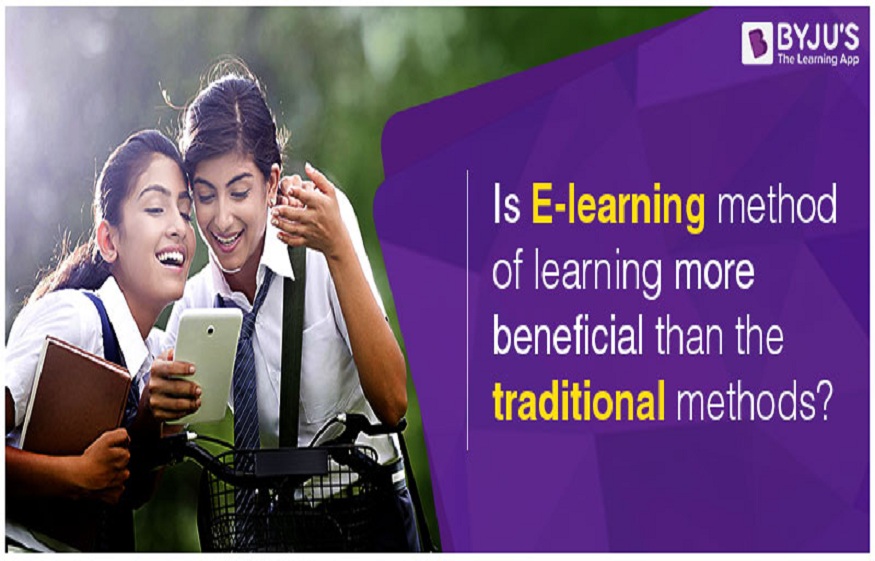Teaching Methods: Traditional vs Modern
Teaching methods have significantly evolved over the years. Education was delivered through recitation and memorization in the traditional way while the modern way of teaching involves delivering lectures such as Newton’s First Law of Motion through interactive methods.
Traditional Teaching Methods
The conventional method of teaching is still widely used in schools. The old fashioned way of teaching functioned through recitation. To demonstrate the fact, let us recall an instance where students would be made to sit in silence in a group and one after another student would take turns to recite the lesson. The teacher would listen to each and every student’s recitation. At the end of the module, a written test or an oral examination would be conducted.
Read more: Wield the Power of Music for Academic and Career Success
In the traditional method of teaching, students were rewarded for their efforts, used class periods efficiently and exercised clear rules to manage students’ behaviour. They were based on established customs that had been used successfully in schools over many years. Teachers transferred knowledge and enforced standards of behaviour.
Modern Teaching Methods
Modern educational practices focus more on individual student’s need, instead of assuming all students are at the same level of understanding. Modern teaching methods involve more questioning, explanation, demonstration and collaboration techniques. The traditional “chalk and talk” method that persisted for hundreds of years is losing its significance when compared to modern and revolutionary teaching methods.
Conclusion
Traditional techniques encourage repetitive learning and memorization inhibiting the development of critical thinking, problem-solving and decision-making skills. On the other hand modern learning encourages students to collaborate more effectively and to be more productive. With the points listed so far, we can conclude that both the methods are effective and useful in today’s education. We need to strike a perfect balance and understand when a traditional method works best and when it is right to use new and innovative approaches.
To have a glimpse of how technology can transform education, subscribe to BYJU’S youtube channel and study concepts like the second law of motion in a fun and interactive way.

